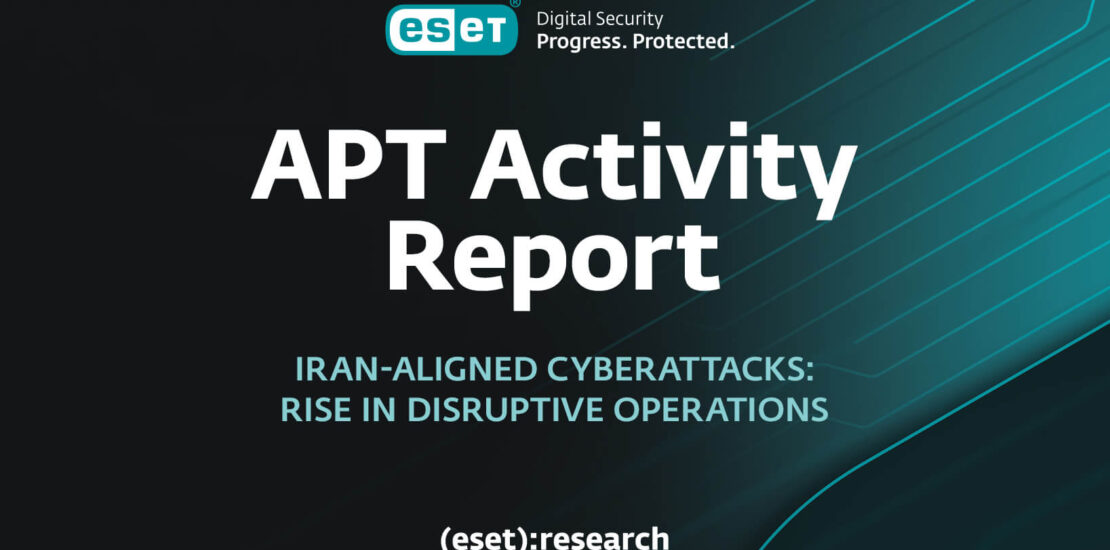ESET APT Activity Report Q4 2023–Q1 2024
- November 5, 2024
- Posted by: claudia
- Categories:

The ESET APT Activity Report for Q4 2023 to Q1 2024 provides a thorough examination of the striking activities of selected advanced persistent threat (APT) groups observed by ESET researchers during this timeframe. The report encapsulates notable operations that reflect broader cyber threat trends, encompassing insights meant to enhance the understanding of the evolving cybersecurity landscape.
Throughout the monitored period, a significant number of China-aligned threat actors were identified exploiting vulnerabilities in public-facing devices, such as VPNs and firewalls, and applications like Confluence and Microsoft Exchange Server. These actions facilitated initial access to a variety of targets across different sectors. The researchers highlighted evidence from a data leak related to I-SOON (Anxun), affirming the company’s involvement in cyberespionage activities categorized under the FishMonger group. Furthermore, a new APT group named CeranaKeeper was introduced, characterized by its distinct operational traits and a potential connection to Mustang Panda through a shared digital resource.
Following the Hamas-led assaults on Israel in October 2023, there was a notable uptick in activities from Iranian-aligned threat groups. Specifically, the groups MuddyWater and Agrius shifted their operations from cyberespionage and ransomware activities to more aggressive strategies involving access brokering and impact-driven attacks. In contrast, the activities of OilRig and Ballistic Bobcat appeared to decrease, hinting at a strategic pivot towards more conspicuous operations targeting Israel.
North Korean APT groups remained active, focusing their attacks primarily on aerospace and defense firms as well as the cryptocurrency sector. These groups exhibited a progressive sophistication in their methods, executing supply-chain attacks, developing trojanized software installers, crafting new malware strains, and leveraging software vulnerabilities to maximize their impact.
Russia-aligned groups concentrated primarily on espionage within the European Union and operational attacks against Ukraine. Notably, the report uncovered Operation Texonto, a disinformation campaign designed to inject confusion regarding Russian election-related protests and the situation in Ukrainian Kharkiv, leading to psychological impacts on domestic and international audiences.
The report also featured insights into a campaign attributed to SturgeonPhisher, believed to be aligned with Kazakhstan’s interests, which operated in the Middle East. Additionally, a discussion surrounding a watering-hole attack targeting a regional news site concerning the disputed area of Gilgit-Baltistan was included, as well as an incident involving the exploitation of a zero-day vulnerability in Roundcube by the Winter Vivern group, which is associated with Belarusian interests.
The malicious activities detailed in the report are identified through ESET products, with shared intelligence predominantly derived from proprietary ESET telemetry data, thus ensuring the information’s credibility through thorough verification by ESET researchers.
Figures included in the report outline the targeted countries and sectors as well as the origins of various attacks, providing a visual representation of the trends observed.
In conclusion, the ESET APT Activity Report for Q4 2023 to Q1 2024 serves as a vital resource for understanding the tactical shifts and emerging threats posed by various APT groups around the globe, emphasizing the importance of ongoing analysis and vigilance in cybersecurity. For further details and regular updates on critical trends and threats, interested parties are encouraged to follow ESET research on X.
